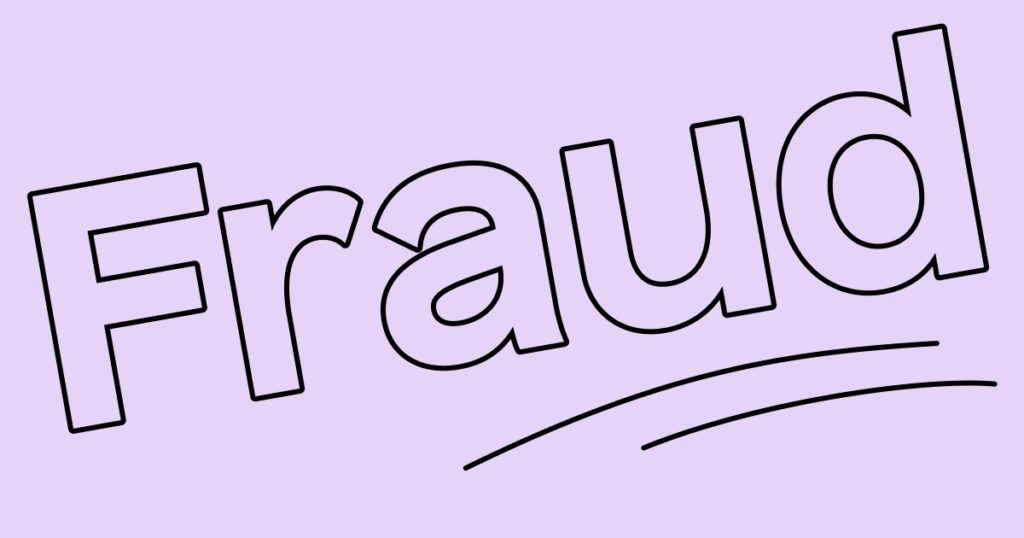Wondering what the making tax digital penalties are? 🤔
If you’ve missed the deadline and want to know what fines you could face, here’s a quick rundown…
Making Tax Digital Recap
If you haven’t heard the news already, the government is in the process of getting small business and self-employed workers to complete their tax records entirely online. This is a part of their wider plan to switch over to a fully digitalised tax service.
The first part of this process, otherwise known as making tax digital (MTD), came into effect for VAT-registered businesses in April 2022. Making tax digital for income tax and corporation tax is also being implemented very soon.
If you run a small business or are classed as self-employed, then whether you like it or not, MTD will likely affect you.
That’s why it’s important to understand the penalties you could face if you miss (or have already missed) the MTD deadlines.
Making tax digital penalties – the breakdown
💡 MTD late submission penalty points
Similar to speeding fines, the making tax digital penalties are based on a points system.
Under these new rules, businesses or individuals will receive a ‘point’ every time their submission deadline date is missed. When you’ve built up a certain number of points, you’ll be required to pay a £200 fine.
The threshold for how many penalty points you’ll receive before paying a fine will depend on how frequently you’re required to submit to HMRC. If you submit:
- Monthly – then 5 points are needed before the penalty is applied
- Quarterly – then 4 points are required. This includes both VAT quarterly submissions AND quarterly updates for MTD for Income Tax
- Annual: then just 2 points are required
Remember that separate points tallies are collected for VAT and Income Tax, meaning separate penalties could be applied to you if you miss both deadlines at the same time. In a worst-case scenario, you could end up paying two £200 fines at once! Yikes!
💡 New late submission penalty system
Alongside the penalty points, HMRC is also introducing a new late payments penalty system:
- Up to 15 days after payment was due: no penalty
- Day 30 after the payment was due: 2% of the amount
- Day 31 after payment was due: 2% of what was due on day 15, PLUS 2% of what was due on day 30
- From day 31 onwards: 4% of the outstanding amount, applied daily
But the good news about these making tax digital penalties? None of them are as harsh as the ones currently in place for submitting a late tax return or tax payment!
What’s the threshold for Making Tax Digital?
The threshold depends on whether you’re referring to MTD for VAT or for Income Tax:
- Income Tax: When MTD comes into effect for Income Tax in April 2026, it will apply to self-employed workers and landlords who earn an annual income of £10,000 or more
BUT for businesses, the threshold is very different…
- VAT: All VAT-registered businesses with a taxable turnover either below or above the £90,000 threshold must follow the MTD rules
Is Making Tax Digital compulsory?
Unfortunately, yes.
Unless you are classed as ‘exempt,’ the new rules apply to all VAT-registered businesses. It also applies to sole traders and landlords when MTD for Income Tax comes into effect in 2026.
If you don’t comply with these changes, you will face the making tax digital penalties.
Who is exempt from Making Tax Digital?
It is possible to apply for an exemption from making tax digital. This exemption is only for MTD for Income Tax ONLY and cannot be applied to MTD for VAT.
HMRC state that you can apply if:
- ‘It’s not practical for you to use software to keep digital records or submit them (due to your age, disability, location or another reason)
- You are a practicing member of a religious society (or order) whose beliefs are incompatible with using electronic communications or keeping electronic records’
What does MTD mean for accountants?
If you’re an accountant with clients who are self-employed or work with businesses to complete their VAT returns, then MTD will affect you both.
The biggest point to take away is that you must use MTD-compatible software if you don’t already. This is so you can be compliant with the new MTD rules that require businesses and the self-employed to keep digital records and send submissions using this software.
As an accountant, you will also be required to sign up for an agent services account via HMRC. You can do this here.
Get making tax digital advice from Taxscouts!
Confused by the upcoming MTD changes and the penalties you could face if you don’t get sorted in time? Don’t worry! Get in touch with us for some simple, one-off tax advice from one of our accredited accountants. You can learn more here.


